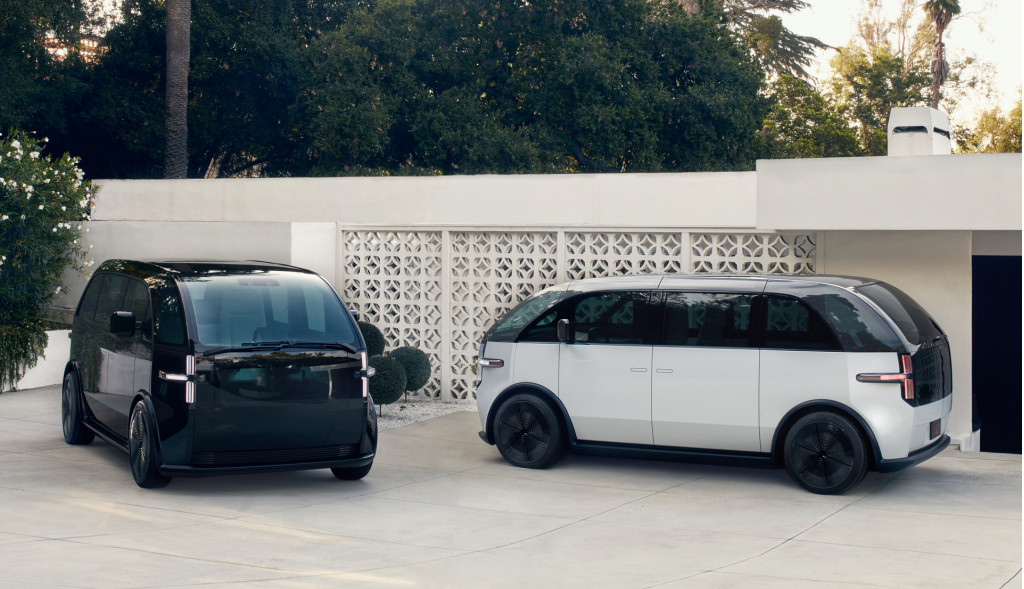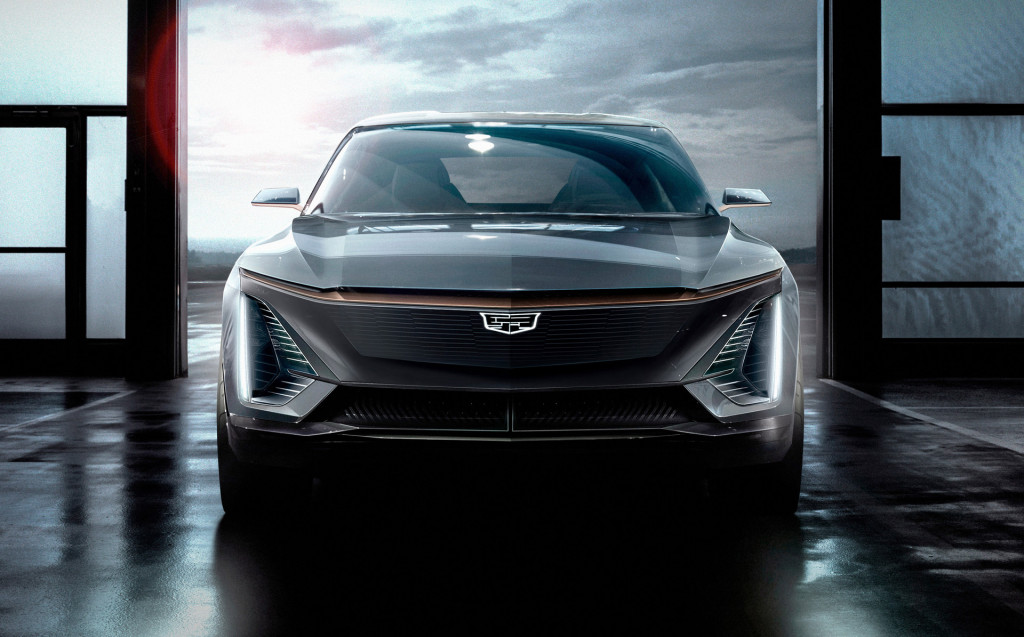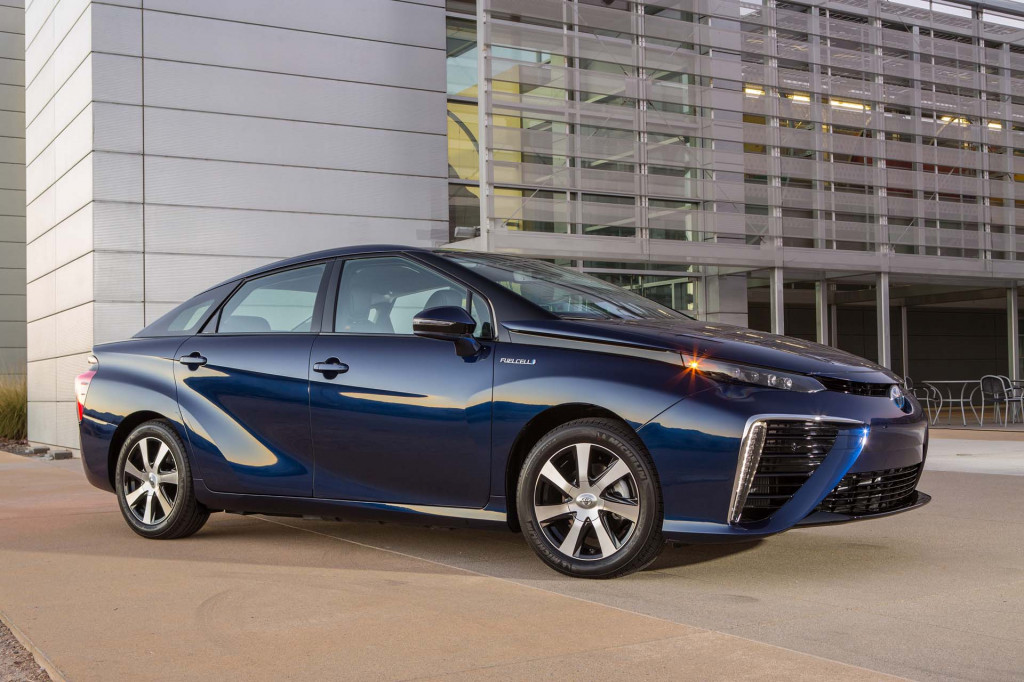Which two automakers will reveal production-bound electric cars in October?
And which company is involved in research that points to a million-mile battery?
This is our look back at the Week In Reverse—right here at Green Car Reports—for the week ending September 27, 2019.
This week product announcements, teases of future products, Taycan first-drive reports, and battery-making dominated the news we brought you—all under the shadow of labor issues at GM and the EPA’s challenge of California. It was most definitely an interesting week for those of us who follow the business of green cars.

Electric Volvo XC40's powertrain
Two automakers made announcements about their first electric cars. Volvo will reveal its XC40 EV on October 16, and prefaced it by teasing that model’s all-new sensor platform. And Mazda announced that it will pull the wraps off its first mass-production electric vehicle, at October’s Tokyo auto show.
Meanwhile, Bollinger Motors showed a new, production-bound prototype for its upcoming electric trucks, which are shaping up to be exclusive off-road-focused luxury items.

Canoo electric car
The startup Canoo emerged from stealth mode, showed some EV concepts that look like nothing else on the road, and emphasized that they don’t want to sell cars but will instead charge a monthly fee for its mobility services.
Hyundai outlined a few changes for its 2020 Kona Electric—most importantly, a warming pad that will help those in colder climates hold on to more driving range and faster charging as temperatures plunge.
And it seems that Volkswagen in Canada is more interested in the Golf-sized ID 3; we looked at whether that makes the urban electric car any more likely in the U.S.

Charging the 2020 Porsche Taycan Turbo
Mid-week, we brought you our first drive impressions on the Porsche Taycan—and perhaps even more anticipated, some impressions of how well the Taycan’s 800-volt technology works for high-speed charging.
A survey suggested that Americans are more or less siding along party lines in the federal government’s challenge of California and its ability to regulate greenhouse-gas emissions and fuel economy. Earlier in the week we covered how EPA administrator Andrew Wheeler reportedly sent a letter to California threatening to withhold highway funding for not doing enough about its dirty air. The EPA is simultaneously trying to revoke the stare’s emissions authority and enact less restrictive emissions rules.
Diesel decisions from years ago continue to haunt several automakers. Daimler, the parent company of Mercedes-Benz, was fined nearly $1 billion in Germany for vehicles equipped with an emissions-test-circumventing “defeat device.” Meanwhile, an engineer at Fiat Chrysler has been charged over FCA’s own diesel-emissions woes—perhaps a sign that a U.S. investigation is moving along.

Cadillac electric crossover SUV based on GM BEV3 modular platform
Multiple reports this week underscored that GM’s electric-vehicle push may be getting in the way of labor negotiations with the UAW. Concerns include fewer jobs, and jobs that could move to adjacent battery and electronics suppliers with lower-wage jobs.
In other battery news, Daimler is planning to keep battery development in-house, but it’s planning to shop around for its battery cells—especially ones that help it keep sustainability promises. And Volkswagen announced it has started a pilot line to make battery cells, keeping R&D in Germany and setting the stage for an effort with Sweden-based Northvolt.

2019 Toyota Mirai
Toyota is testing its hydrogen fuel-cell technology on much more than its Mirai fuel-cell car. In one such example, it may use the tech to generate power at a plant that helps make its hybrid models. And Honda’s aiming for a different kind of carbon-cutting strategy for its U.S. manufacturing: buying a whole lot of renewable energy.
At the start of the week we reported on the 20-year, million-mile battery research that’s being supported by Tesla. Could the California electric vehicle maker be on the verge of another breakthrough?
Back last weekend, we looked at Nepal’s history as an electric-vehicle trend-setter, at a time when battery technology was at a very different stage. Politics got in the way then, as it potentially still could in California and the U.S.
_______________________________________













